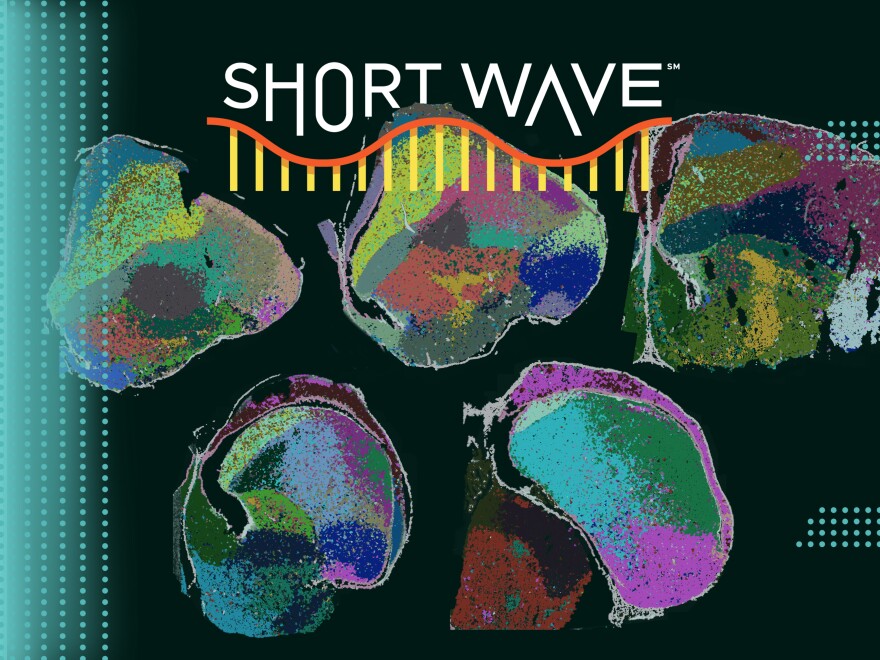A recent series of studies suggests that the brains of birds, reptiles and mammals all evolved independently — even though they share a common ancestor.
This process, where different species independently evolve similar traits, is called convergent evolution. It suggests that complex brains have evolved more than once in vertebrates.
We talk to Fernando García Moreno, a researcher at the Achucarro Basque Center for Neuroscience, about his work on the series of studies that came out in Science in February, and why he thinks the work may give researchers insight into improving neural networks and artificial intelligence.
Check out the studies here.
Want to hear more about the complex road of evolution? Send us an email at shortwave@npr.org.
Listen to every episode of Short Wave sponsor-free and support our work at NPR by signing up for Short Wave+ at plus.npr.org/shortwave.
Listen to Short Wave on Spotify and Apple Podcasts.
Today's episode was produced by Rachel Carlson. It was edited by Rebecca Ramirez. Tyler Jones checked the facts. Kwesi Lee was the audio engineer.
Copyright 2025 NPR



